Based on the jaw-dropping contact accounts of individuals from around the world, AMONG US explores the suspicious phenomenon of non-human presence on Earth, from angels to ETs, and unveils the many ways they may be interacting, communicating and transferring subliminal information into our consciousness and potentially our DNA. The film ultimately shows that the interconnectedness of all species may be beneficial and most likely inevitable for the evolution of an intelligent universe. This film has been released in some territories under the title: "ET Contact: They are here".
Related Movies
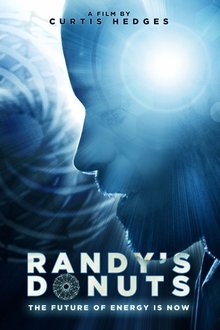
Randy's Donuts (2013)
Who is Randy Powell and why is he claiming that a 9 digit pattern called Vortex Based Mathematics (V.B.M.), interconnects all of science, all of technology and all of nature around a Torus, nature's original Donut?
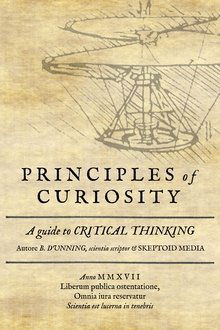
Principles of Curiosity (2017)
Principles of Curiosity presents a general introduction to the foundations of scientific skepticism and critical thinking, focusing on a simple process we call the three Cs.
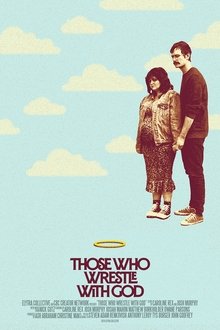
Those Who Wrestle With God (2024)
A Canadian couple reflect on how their painful journey in fundamentalism led to them rescuing their faith & relationship. Along the way, they uncover a supportive community that helps them navigate their journey of rediscovery.
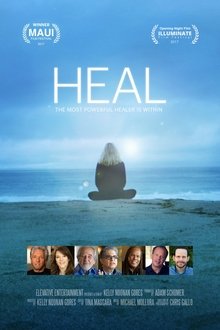
Heal (2017)
A documentary film that takes us on a scientific and spiritual journey where we discover that by changing one's perceptions, the human body can heal itself from any disease.
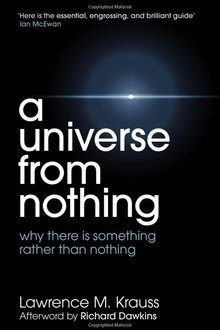
Something From Nothing: A Conversation with Richard Dawkins and Lawrence Krauss (2012)
Join critically-acclaimed author and evolutionary biologist Richard Dawkins and world-renowned theoretical physicist and author Lawrence Krauss as they discuss biology, cosmology, religion, and a host of other topics.
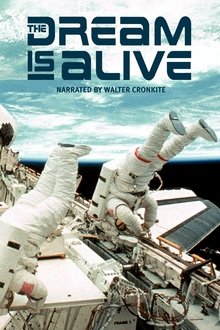
The Dream Is Alive (1985)
The Dream Is Alive takes you into space alongside the astronauts on the space shuttle. Share with them the delights of zero gravity while working, eating and sleeping in orbit around the Earth. Float as never before over the towering Andes, the boot of Italy, Egypt and the Nile. Witness firsthand a tension-filled satellite capture and repair and the historic first spacewalk by an American woman.
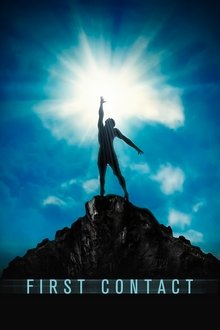
First Contact (2016)
After a close encounter with a UFO, a man becomes a trance channel for an extraterrestrial entity, which leads to a deeper investigation on the nature of reality and mankind's place in the cosmos.

Bodysong (2003)
Documentary footage from various sources, set to music. Showing the whole of human life, from birth to death and beyond.

Truth or Consequences (2020)
Truth or Consequences is a speculative documentary about time and how we weave the past into the present and our possible future. Set in the small desert town of Truth or Consequences, New Mexico, the film takes place in the shadow of a nearby Spaceport and the commercial exploration of space. Through the lives of the people in town and a filmmaker from the future, the film explores progress, echoes of history, and how we each navigate a sense of loss, within ourselves and within a changing world.

Darwin's Darkest Hour (2009)
In 1858 Charles Darwin struggles to publish one of the most controversial scientific theories ever conceived, while he and his wife Emma confront family tragedy.

How William Shatner Changed The World (2005)
William Shatner presents a light-hearted look at how the "Star Trek" TV series have influenced and inspired today's technologies, including: cell phones, medical imaging, computers and software, SETI, MP3 players and iPods, virtual reality, and spaceship propulsion.

Die rätselhafte Krankheit – Leben mit ME/CFS (2021)
ME/CFS is a devastating disease that affects around 300,000 people in Germany alone. There has been little help for sufferers to date. Many doctors are not familiar with the clinical picture and treat it incorrectly. However, something has been happening recently, partly due to the coronavirus pandemic: because the late effects of Covid-19 correspond to the typical symptoms of ME/CFS...

The Sound of Crickets (2022)
After the disappearance of Aldemar his wife decided to get overall uncertainty by including him in the list of deaths in the 1938 Colombian National Census. Today, 83 years later, I repeat her. I try to find myself among the numbers in the digital database in order to finish the torture that has also implied my own disappearance.
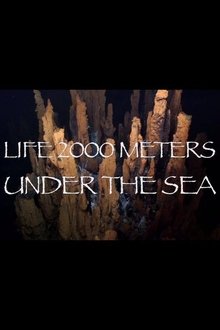
Life 2,000 Meters Under the Sea (2014)
Deep down at the bottom of the ocean lies the mysterious world of the abyss. In the midst of boiling, toxic geysers, a rich ecosystem flourishes. This miracle is possible thanks to bacteria, micro-organisms crucial to all living beings. How can bacteria survive in such extreme conditions?
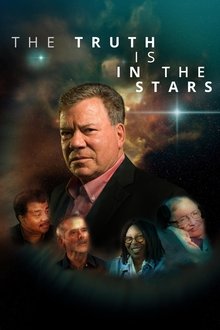
The Truth Is in the Stars (2017)
William Shatner sits down with scientists, innovators and celebrities to discuss how the optimism of 'Star Trek' influenced multiple generations.
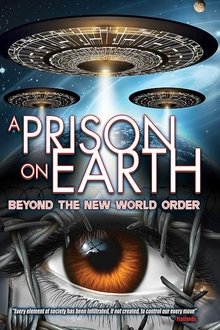
A Prison on Earth (2016)
A documentary purporting to expose the interdimensional alien beings who have enslaved humanity for centuries.

Blue Man: Aliens have invaded Huron County! (1994)
In the spring of 1958, the UFO scare hit Huron County, Michigan! Farmers, housewives and school children lived in fear as numerous eye-witness sightings of an alien creature were reported in remote stretches of the county.

The Great Australian Fly (2014)
THE GREAT AUSTRALIAN FLY looks at how a national nuisance has shaped Australia and its people, confounding our scientists, influencing our lifestyle and defining the way we speak. But is its value misunderstood? The one-hour documentary explores how this much-maligned spoiler of the Australian summer is in fact a crime solver, healer, pollinator and street sweeper. We'd miss them if they were gone, yet we put huge amounts of energy into wiping them out. Is it time to call a truce? Directed by Tosca Looby and produced by Sally Ingleton, the amusing and intriguing film pays homage to a much-maligned invertebrate and the influence it has had on our world.

Holy Land: Startup Nations (2017)
With the most tech startups and venture capital per capita in the world, Israel has long been hailed as The Startup Nation. WIRED’s feature-length documentary looks beyond Tel Aviv’s vibrant, liberal tech epicenter to the wider Holy Land region – the Palestinian territories, where a parallel Startup Nation story is emerging in East Jerusalem, Nazareth, Ramallah and other parts of the West Bank, as well as in the Israeli cybersecurity hub of Be’er Sheva. And we will learn how the fertile innovation ecosystem of Silicon Wadi has evolved as a result of its unique political, geographical and cultural situation and explore the future challenges – and solutions – these nations are facing.
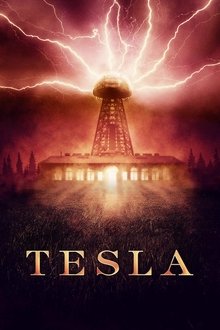
Tesla (2016)
Meet Nikola Tesla, the genius engineer and tireless inventor whose technology revolutionized the electrical age of the 20th century. Although eclipsed in fame by Edison and Marconi, it was Tesla's vision that paved the way for today's wireless world. His fertile but undisciplined imagination was the source of his genius but also his downfall, as the image of Tesla as a mad scientist came to overshadow his reputation as a brilliant innovator.